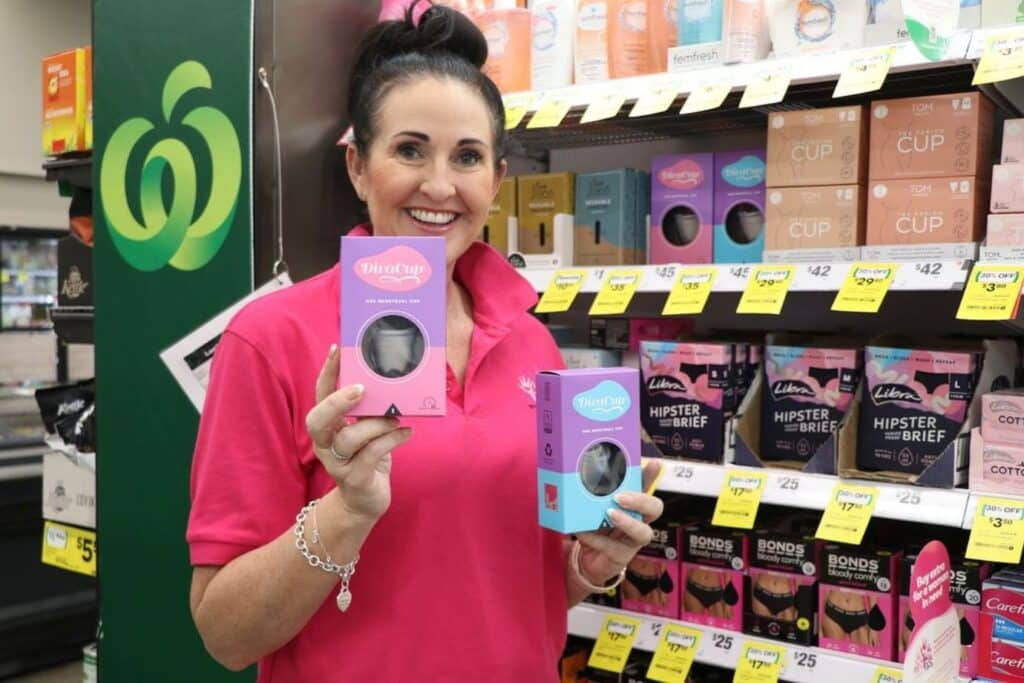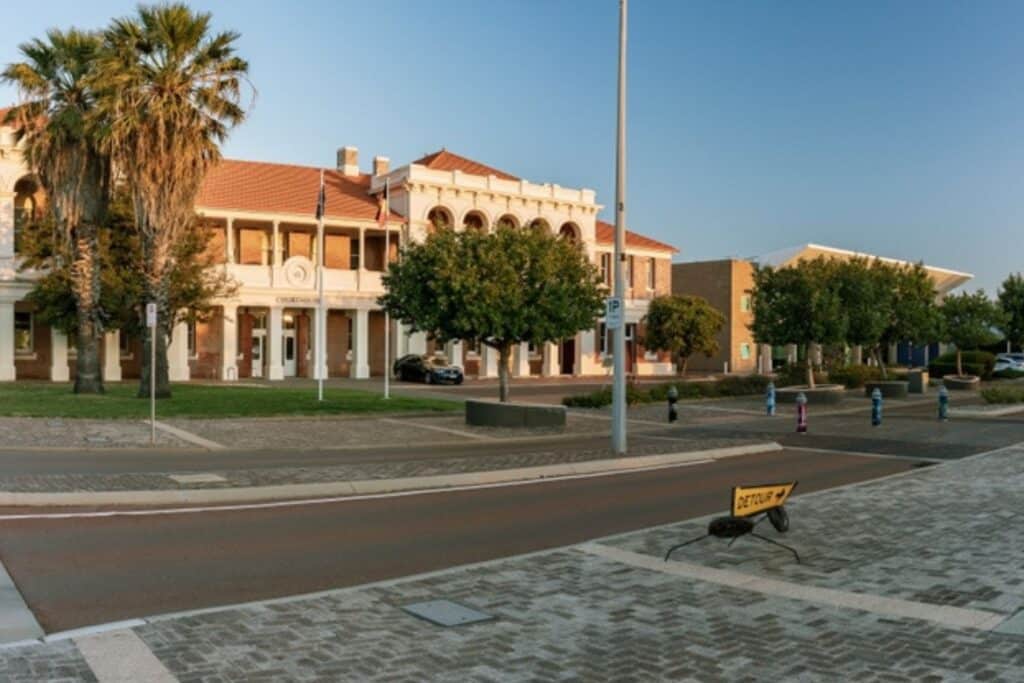A magistrate’s court in Western Australia is proceeding with a trial for a woman charged with stealing $10 worth of period products earlier in the year.
According to a report from The Midwest Times, police are prosecuting a 31-year-old woman from Geraldton, a coastal town on the midwest coast of WA, for stealing menstrual products from a store in Bluff Point on January 9.
The woman was due to appear before the Geraldton Magistrate’s Court on Monday morning, but contracted COVID-19 and could not attend.
On the woman’s behalf, her legal aid counsel Veronic Randall entered a plea of not guilty, citing written and verbal negotiations between the accused and police prosecutors for no charges to be pressed. However, police prosecutor Thomas Potts could not confirm this.
A trial date requested by the police prosecutor was set by the court for July 29.
Period Poverty
As the cost of living crisis in Australia continues to bite, many Australians face the very real threat of period poverty, where people who menstruate are unable to afford menstrual products such as pads, tampons, menstrual cups and period underwear.
Rochelle Courtenay, who founded the charity Share The Dignity in 2015, understands this reality all too well, working with thousands of women who face period poverty every day.
Speaking with Women’s Agenda, Courtenay said the prosecution of the 31-year-old Geraldton woman for stealing menstrual products is “disgusting”.
“What is less dignified? Stealing them, or going without?” Courtenay told Women’s Agenda.
“And while I don’t condone stealing them, I also wonder what most of us would do if we were faced with not having access to period products.
“I’m really questioning whether this is the right use of funds to be prosecuting somebody for stealing a $10 pack of pads. I just don’t even understand how that happens.”

In 2021, Share The Dignity conducted a nation-wide survey to learn how period poverty affects everyday Australians. More than 125,000 people who menstruate took part in the 2021 Bloody Big Survey.
Share The Dignity’s research found one in five respondents have had to “improvise” on period products, forced to use unsuitable materials such as toilet paper, socks and more because they could not access appropriate products.
Nearly half (49 per cent) of respondents have had to wear a pad or a tampon for more than four hours because they had run out of products. About 40 per cent have had to call in sick to work because of their period, and 48 per cent have had to miss school or classes.
Courtenay’s organisation has received more than 153,000 responses in the 2024 Bloody Big Survey, with results expected to be released on August 1 this year.
“You’ll be surprised by the stats,” Courtenay said. “We would have thought that period poverty could potentially have gotten better, but from the preliminary stats, we’re seeing that actually period poverty has gotten worse.
“It saddens me that in 2024 there are still so many women who don’t have access to period products, no matter what we’ve done to try to alleviate period poverty.”
What is being done?
Governments around Australia have put measures in place in response to period poverty. Every state and territory in Australia provides at least state high schools with period products for students to access at no cost. Victoria was the first state to do so in 2019, and WA was the latest state government to provide free period products for students in state primary schools.
The federal government has also taken action. In 2019, thanks to lobbying from organisations like Share The Dignity, the government scrapped the goods and services tax (GST) from menstrual products. The tax on period products cost taxpayers who menstruate $30 million a year, and removing the GST from these products resulted in approximately a 9.1 per cent reduction in the retail shelf price, according to the ACCC.
More recently, the Australian government pledged an investment of $12.5 million over the next four years in the 2024-25 federal budget, to improve access to menstrual products for First Nations women and girls who experience higher rates of period poverty.
While Courtenay said these policies are “a good start”, it fails to reach a significant underlying issue of period poverty: shame and stigma around menstruating.
“There’s still that shame and stigma that surrounds periods,” Courtenay said, “so somebody would want to steal them before going and asking somebody for help.”
Some policies at a local government level to address period poverty have failed to pass. In a post on LinkedIn, sharing her thoughts on the woman being prosecuted in Geraldton for stealing period products, City of Sydney Councillor and Wiradjuri woman Yvonne Weldon AM said her fellow Councillors proposed a motion to provide free period products that was ultimately shut down by the Mayor.
“Last year, Councillors Sylvie Ellsmore and Linda Scott brought forward motions calling on the City of Sydney to end #periodpoverty by providing free period products in Council spaces and/or other locations across the City,” Weldon wrote in her post.
“Shamefully, the Lord Mayor voted down the proposed 12-month trial in favour of a vague commitment to ‘get advice’ about what the Council could do.
“You bet I’ll be following up on this!”


